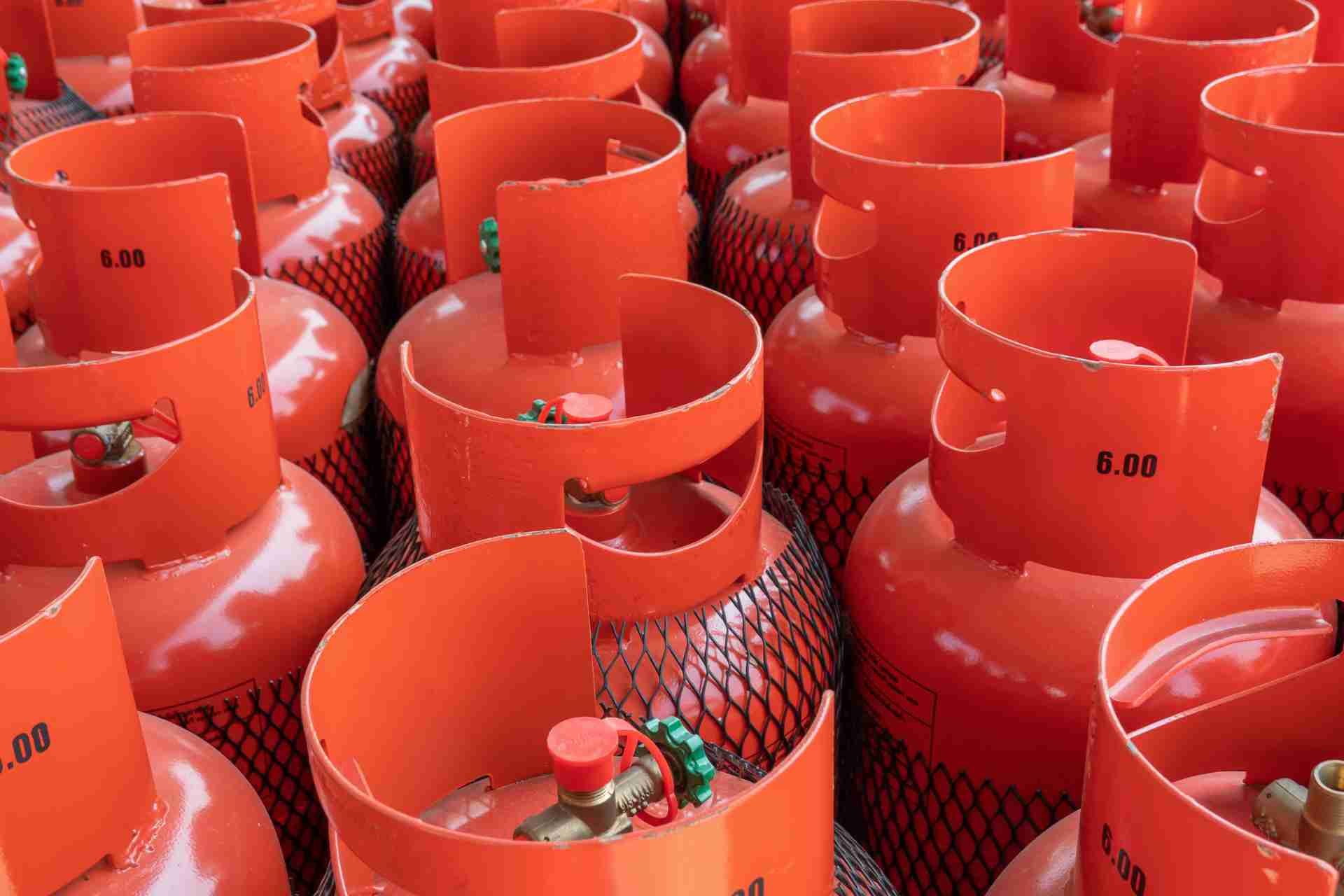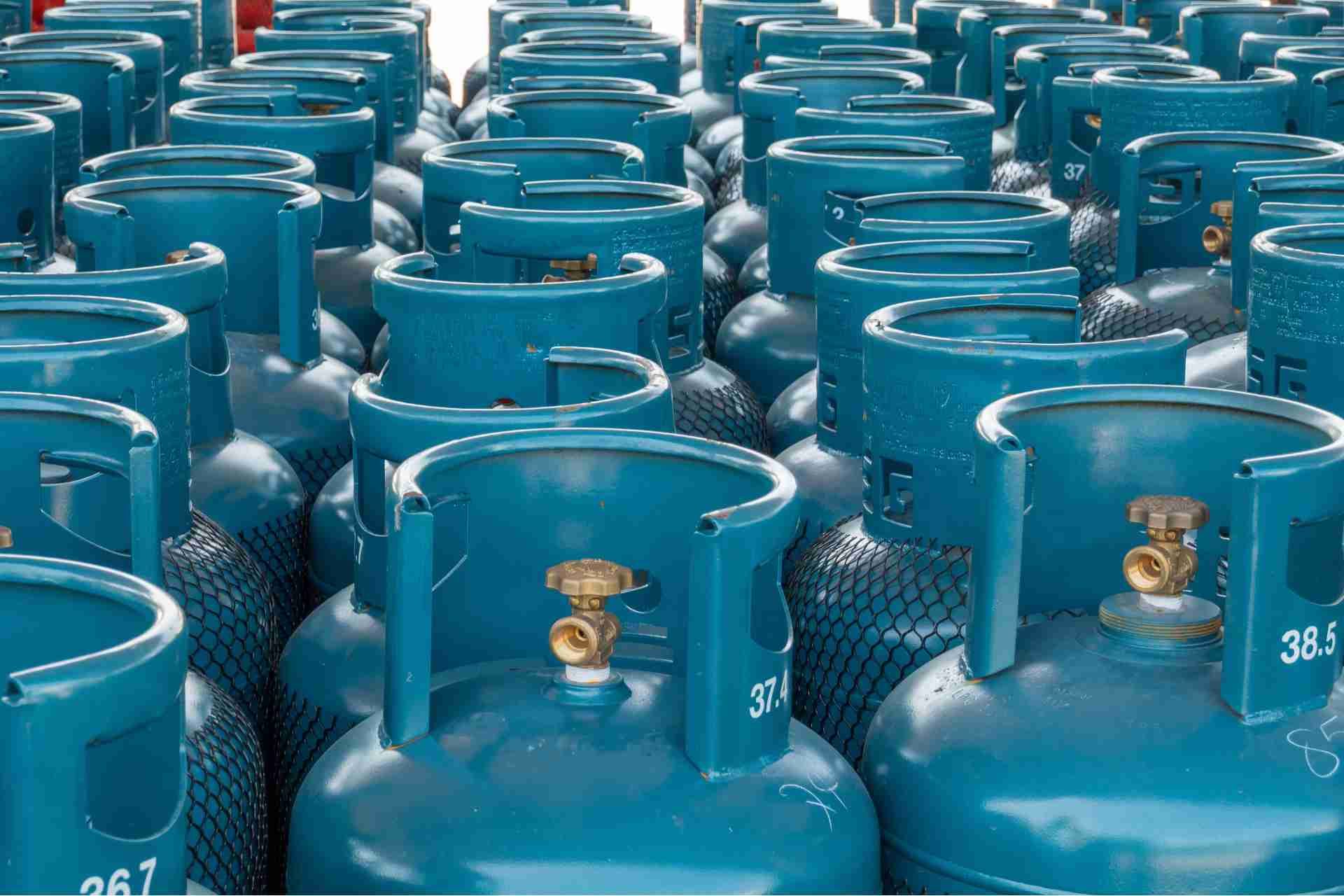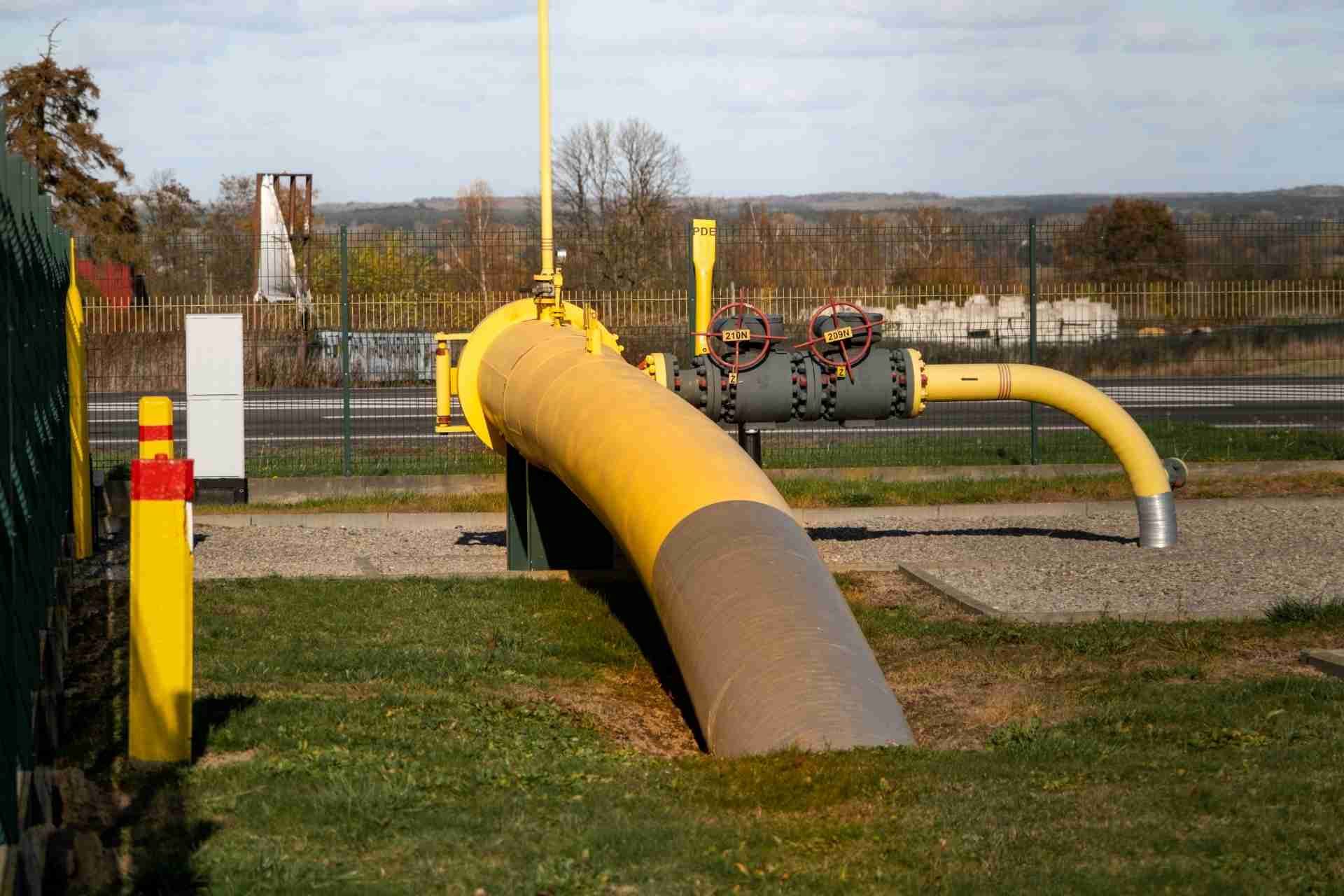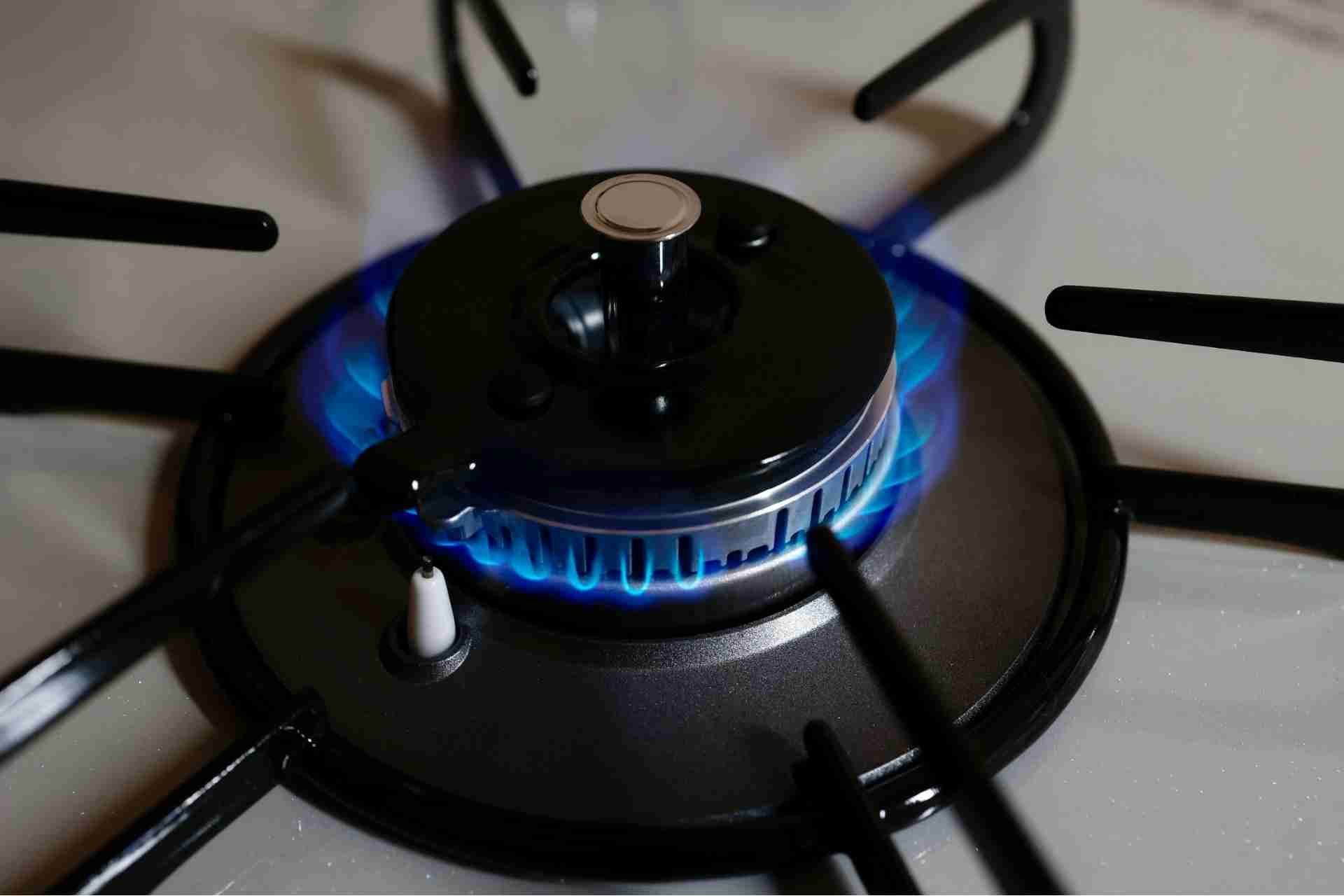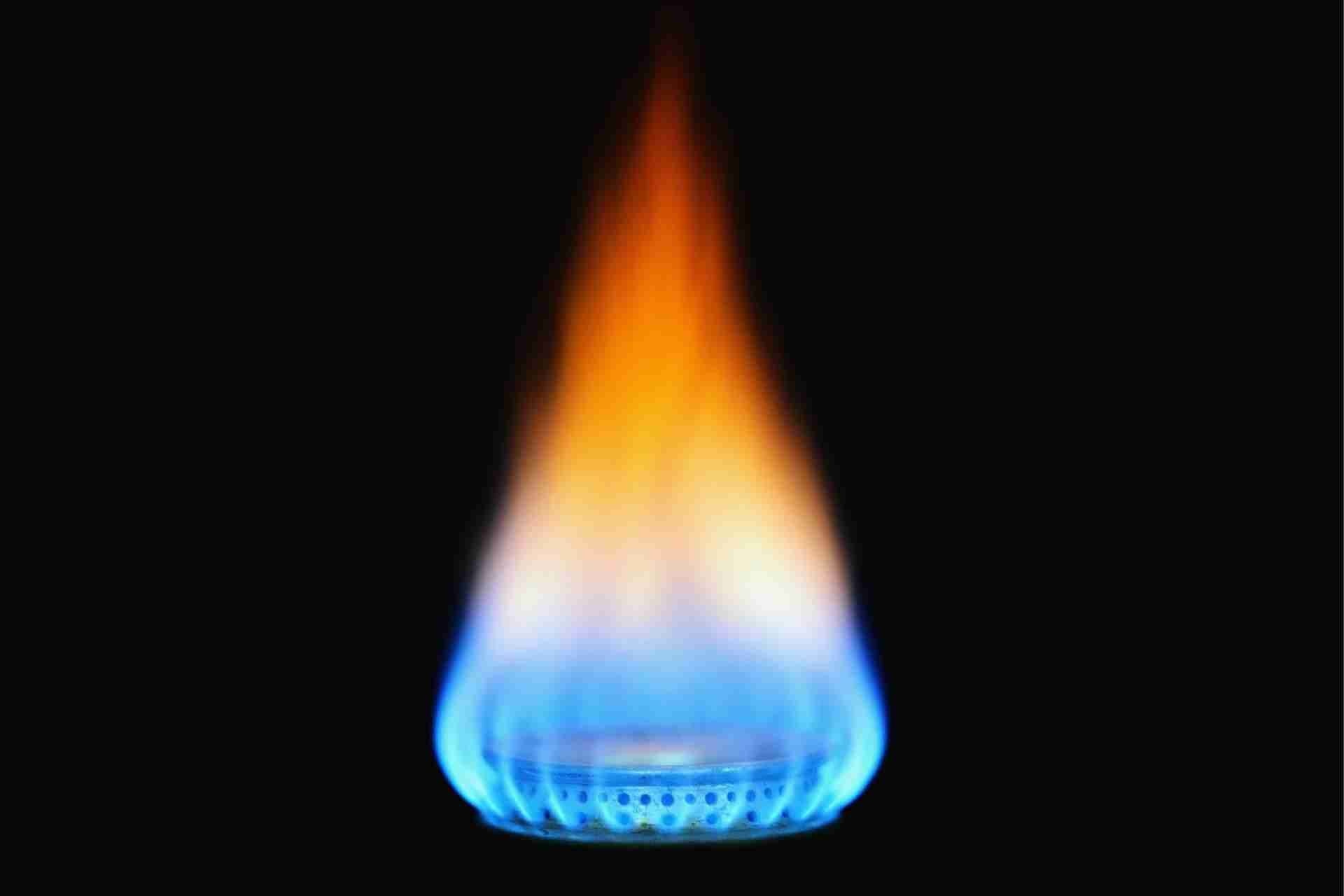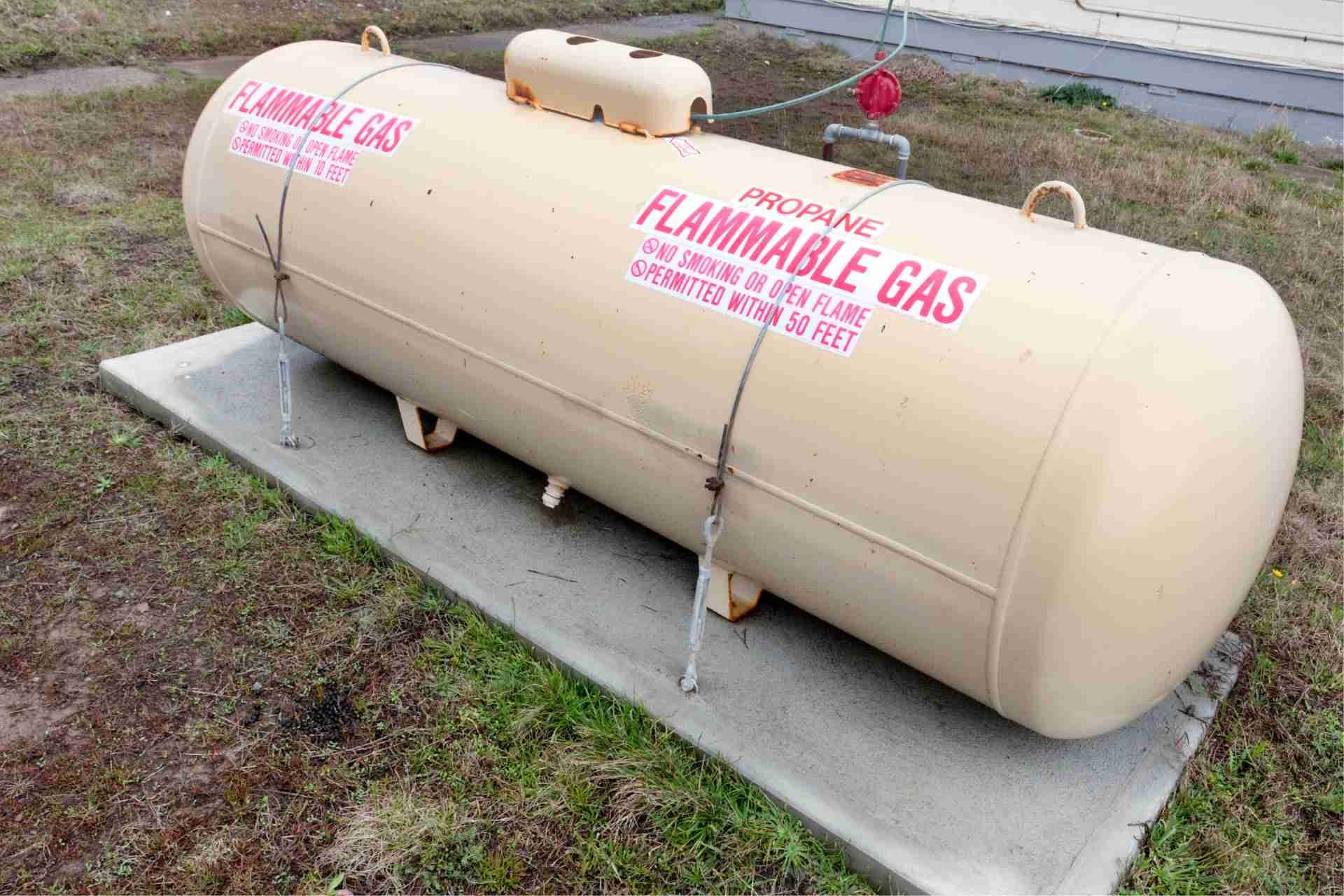Propane vs Natural Gas: The Difference Explained
When it comes to heating your home or cooking your meals, there are a few different options to consider. Propane and natural gas are two commonly used fuels for these purposes, but what exactly is the difference between the two?
Understanding the nuances between these two common fuel sources can make a significant impact on your daily life.
Let's break down the key differences between propane vs natural gas and shed light on which option might be best suited for your needs.
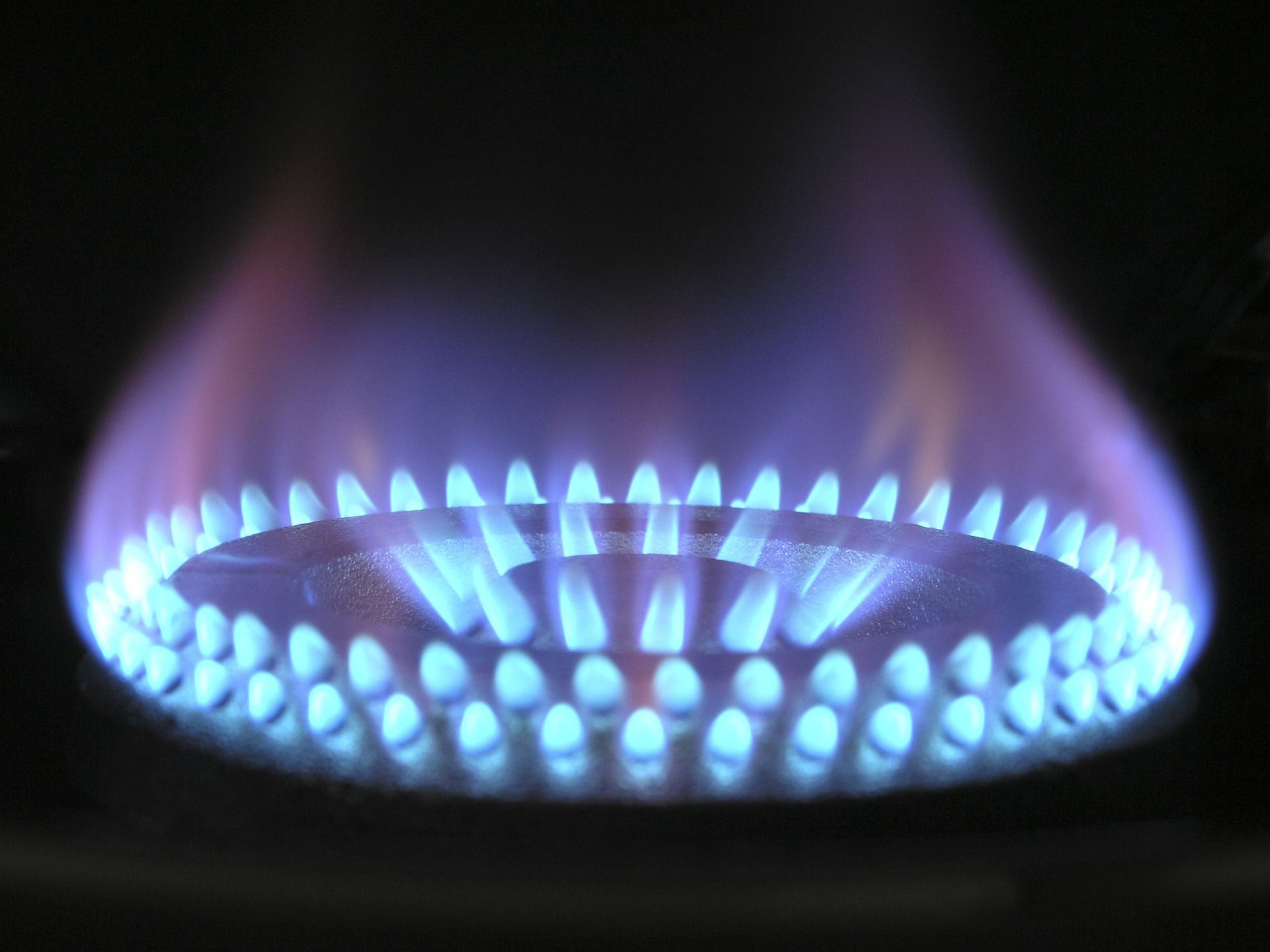
Propane gas
Propane gas, also known as liquefied petroleum gas (LPG), is a flammable hydrocarbon gas that is derived from natural gas processing and petroleum refining. It is a byproduct of the natural gas and oil refining process, and it is stored in a liquid state under high pressure. Propane is colorless, odorless, and tasteless in its natural state, but a chemical called ethyl mercaptan is added to give it a distinct smell for safety reasons.
Natural Gas
Natural gas is a versatile and widely-used energy source that plays a crucial role in our everyday lives. It is a fossil fuel that is formed from the remains of ancient plants and animals and is primarily composed of methane. Natural gas is used for a variety of purposes, including heating homes, generating electricity, and fueling vehicles.
Key Differences of Propane and Natural Gas
Propane and natural gas are two common types of fuel that are used for heating and cooking in homes and businesses. While they both have their own advantages and disadvantages, it's important to understand the differences between the two before choosing which one is right for you.
One of the main differences between propane and natural gas is their sources. Propane is a byproduct of natural gas processing and petroleum refining, while natural gas is a naturally occurring gas that is found underground. This means that propane is typically more expensive than natural gas, as it requires more processing and transportation.
Another key difference between the two fuels is their efficiency. Propane has a higher energy content than natural gas, which means that it burns hotter and more efficiently. This can result in lower energy bills for homes and businesses that use propane as their primary source of fuel.
In terms of storage and transportation, propane is typically stored in tanks on the property, while natural gas is delivered through pipelines. This can make propane a more convenient option for homes and businesses that are not in close proximity to natural gas pipelines.
When it comes to safety, both propane and natural gas are considered to be safe fuels when used properly. However, propane is heavier than air and can accumulate in low-lying areas, which can increase the risk of a potential leak or explosion. Natural gas, on the other hand, is lighter than air and will dissipate quickly if there is a leak.
Is Propane Cheaper than Natural Gas?
Propane is a byproduct of natural gas processing and petroleum refining. It is typically stored in tanks and delivered to homes by truck. Natural gas, on the other hand, is delivered to homes through underground pipelines. Propane is typically more expensive than natural gas on a per unit basis. However, propane has a higher energy content per unit volume compared to natural gas, so you may use less propane to achieve the same heating output as natural gas.
The cost of propane and natural gas can vary depending on factors such as location, supply and demand, and the time of year. In general, natural gas tends to be cheaper than propane in most areas. According to the U.S. Energy Information Administration, the average cost of propane in the United States is $2.38 per gallon, while the average cost of natural gas is $12.48 per thousand cubic feet.
When comparing the cost of propane and natural gas, it is important to consider not only the price per unit but also the efficiency of your appliances. Propane appliances tend to be more energy efficient than natural gas appliances, which can help offset the higher cost of propane. Additionally, propane appliances tend to have a longer lifespan than natural gas appliances, reducing the overall cost of ownership.
Propane and Natural Gas FAQs
Can propane and natural gas be used interchangeably?
While propane and natural gas are both fossil fuels, they have different properties and require specific equipment for storage and use. Propane is typically stored in tanks and used in outdoor appliances, such as grills or heaters, while natural gas is delivered through pipelines and used in indoor appliances, such as stoves or water heaters. It is not recommended to use one fuel source in equipment designed for the other.
Are propane and natural gas safe to use?
When handled and stored properly, propane and natural gas are safe fuel sources. Both fuels are non-toxic and will not contaminate the air or soil if spilled. However, it is important to follow safety guidelines and have your equipment regularly inspected to prevent leaks or other hazards.
How can I switch to propane or natural gas?
If you are considering switching to propane or natural gas as a fuel source, you should contact a qualified professional to assess your needs and recommend the best options for your home or business. They can help you determine the best equipment for your needs and provide guidance on installation and maintenance.
